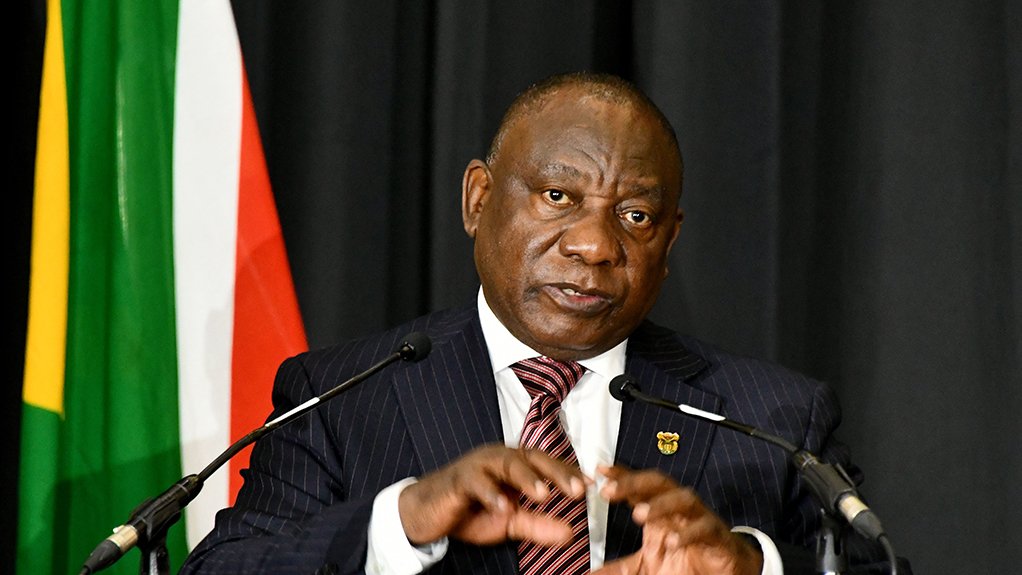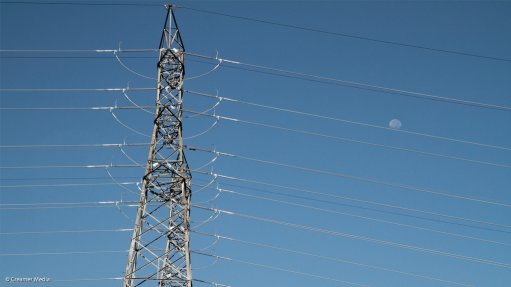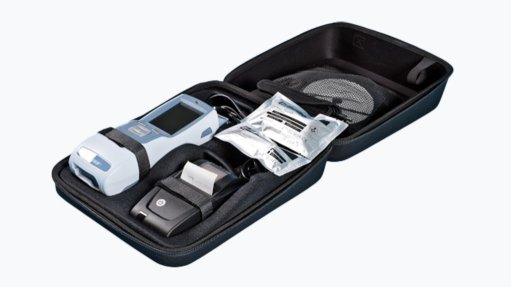Ramaphosa signs Electricity Regulation Amendment Act into law
President Cyril Ramaphosa has signed into law the much-anticipated Electricity Regulation Amendment (ERA) Act, which lays the legislative foundations for the establishment of a fully independent Transmission System Operator (TSO) in the coming five years.
The ERA Bill was approved by lawmakers ahead of the May 29 elections and the President’s assent on August 16 has come amid some concern about the constitutionality of provisions that could affect the authority that municipalities currently have over electricity distribution.
Nevertheless, the reforms included in the Act, which amends the Electricity Regulation Act of 2006, are otherwise broadly supported by stakeholders, including organised business.
These stakeholders argued that the legislative changes are urgent to level the playing field between Eskom and independent power producers, as well as to align the electricity supply industry with the unfolding energy transition.
Significantly, the new Act provides for the establishment, duties, powers and functions of a State-owned TSO, which must be established as an independent entity within five years.
It also requires the development of a market code that will establish rules to govern the future competitive market, and outlines the process through which the code will be approved.
The legislation also provides for market operation as a new activity that may be licensed by the National Energy Regulator of South Africa (Nersa).
“To ensure a level playing field for competition between multiple electricity generators, the Act provides that the system operator shall not discriminate between different generators or customers in relation to dispatching or balancing the system, except for objectively justifiable and identifiable reasons approved by the regulator.
“Access to the transmission and distribution power system must be objective, transparent and non-discriminatory,” the Presidency highlighted in a statement confirming that the ERA had indeed been signed.
The Act states that the National Transmission Company of South Africa, which began trading as a separate Eskom Holdings subsidiary on July 1, will act as the TSO in the interim.
The legislation also has implications for economic regulation, distinguishing between tariffs that must be set or approved by the regulator, such as network charges, and those which are subject to a direct supply agreement or arise as an outcome of a competitive market.
Nersa must also enable an efficient licensee to recover the full cost of the licensed activity, with a reasonable return. It may provide for incentives, however, for continued improvement of technical and economic efficiency.
In a statement, the Presidency said the new Act is necessary to respond to current realities in the electricity sector, as well as to open up pathways to greater competition, increase investment, and the establishment an independent transmission company.
“These changes are in line with the broader reforms guided by the Energy Action Plan and the Eskom Roadmap, which aim to modernise and transform South Africa’s electricity system to end loadshedding and ensure long-term energy security.”
The new legislation also caters for the imposition of penalties for damage to, and sabotage of, electricity infrastructure, and provides for fines of up to R1-million or five years in prison – or both – for damage, removal or destruction of transmission, distribution or reticulation cable, equipment or infrastructure.
Persons who unlawfully receive such cables, equipment or infrastructure face fines of up to R5-million or 10 years in prison, or both.
Article Enquiry
Email Article
Save Article
Feedback
To advertise email advertising@creamermedia.co.za or click here
Announcements
What's On
Subscribe to improve your user experience...
Option 1 (equivalent of R125 a month):
Receive a weekly copy of Creamer Media's Engineering News & Mining Weekly magazine
(print copy for those in South Africa and e-magazine for those outside of South Africa)
Receive daily email newsletters
Access to full search results
Access archive of magazine back copies
Access to Projects in Progress
Access to ONE Research Report of your choice in PDF format
Option 2 (equivalent of R375 a month):
All benefits from Option 1
PLUS
Access to Creamer Media's Research Channel Africa for ALL Research Reports, in PDF format, on various industrial and mining sectors
including Electricity; Water; Energy Transition; Hydrogen; Roads, Rail and Ports; Coal; Gold; Platinum; Battery Metals; etc.
Already a subscriber?
Forgotten your password?
Receive weekly copy of Creamer Media's Engineering News & Mining Weekly magazine (print copy for those in South Africa and e-magazine for those outside of South Africa)
➕
Recieve daily email newsletters
➕
Access to full search results
➕
Access archive of magazine back copies
➕
Access to Projects in Progress
➕
Access to ONE Research Report of your choice in PDF format
RESEARCH CHANNEL AFRICA
R4500 (equivalent of R375 a month)
SUBSCRIBEAll benefits from Option 1
➕
Access to Creamer Media's Research Channel Africa for ALL Research Reports on various industrial and mining sectors, in PDF format, including on:
Electricity
➕
Water
➕
Energy Transition
➕
Hydrogen
➕
Roads, Rail and Ports
➕
Coal
➕
Gold
➕
Platinum
➕
Battery Metals
➕
etc.
Receive all benefits from Option 1 or Option 2 delivered to numerous people at your company
➕
Multiple User names and Passwords for simultaneous log-ins
➕
Intranet integration access to all in your organisation




















